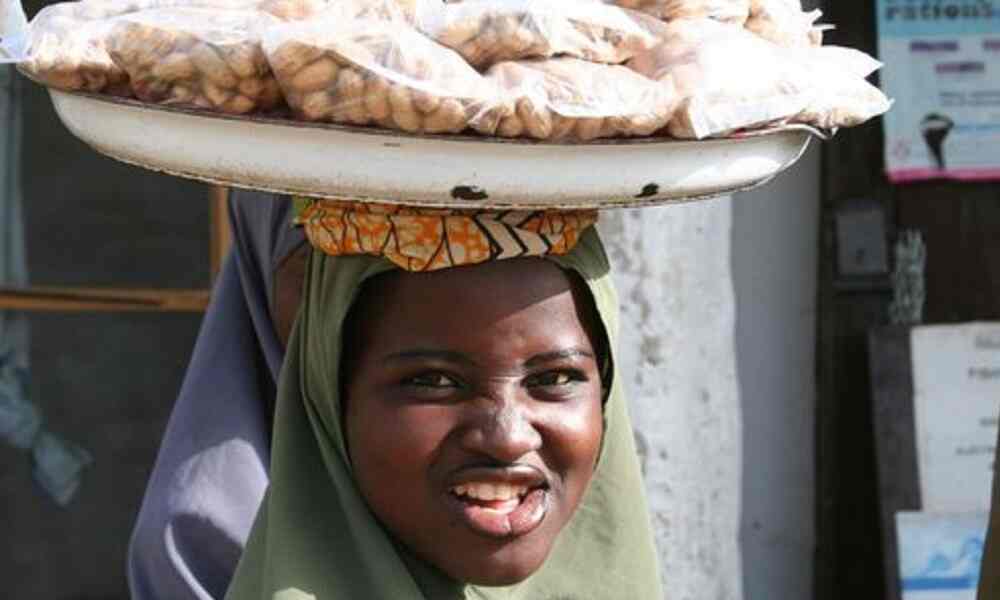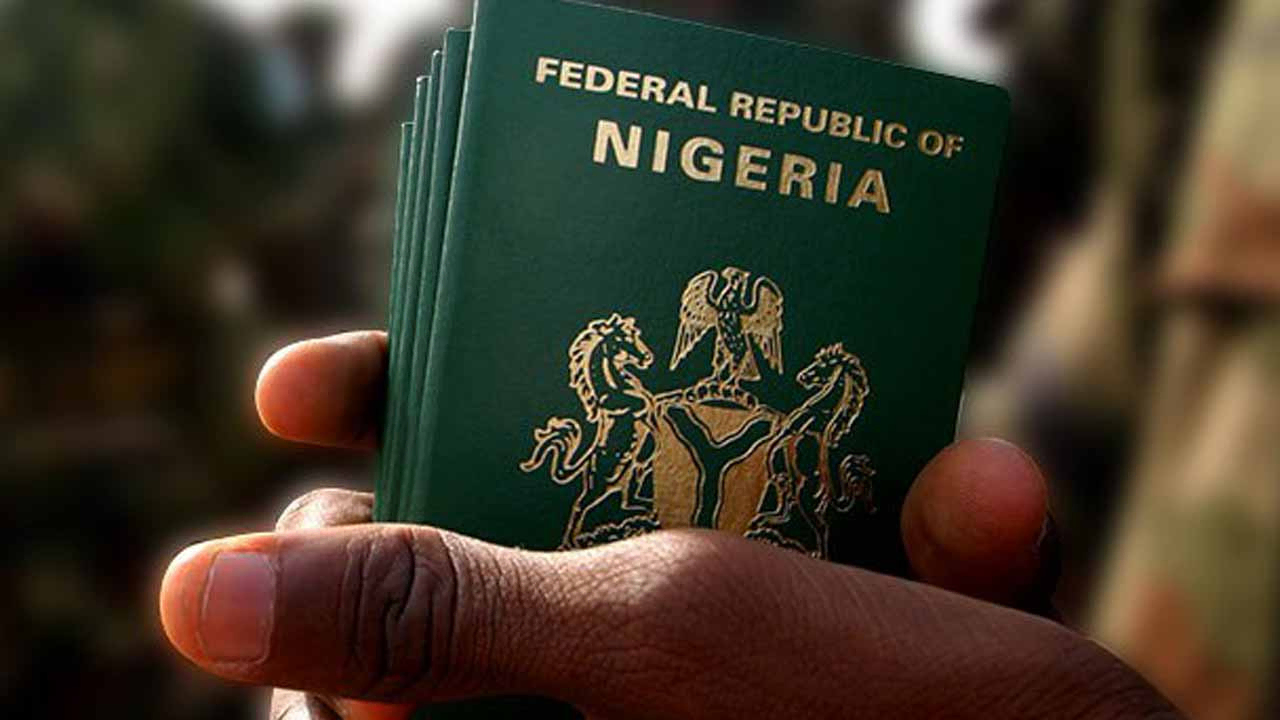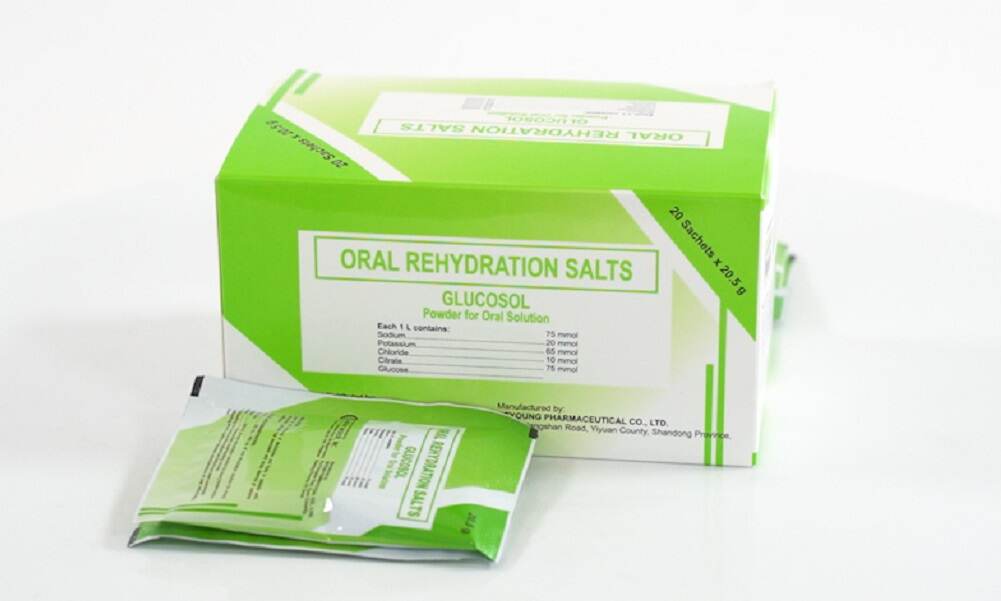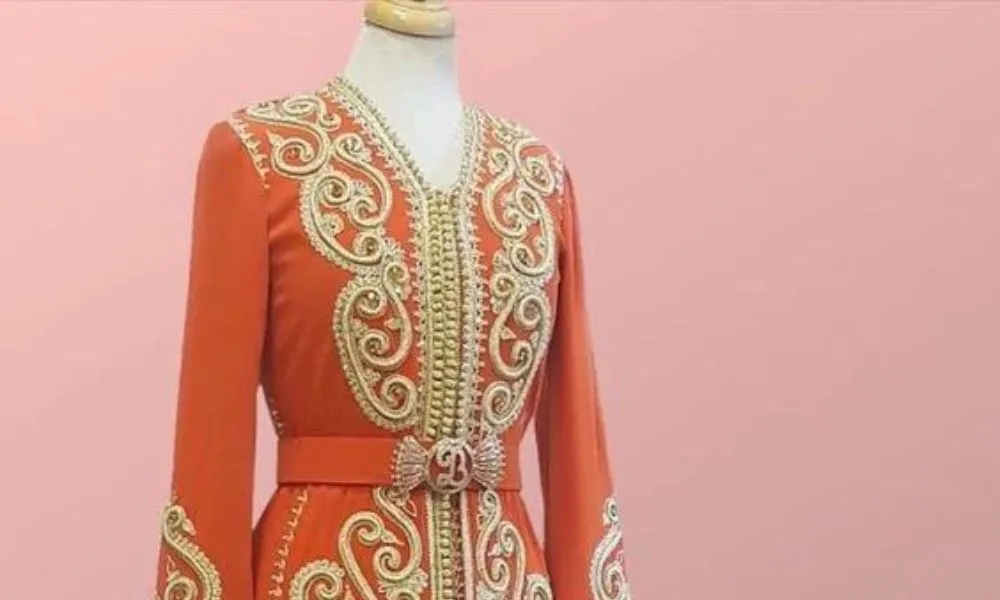My name is Rabi Abdullahi, I am 17 years old. I grew up in Tsibiri, Giwa Local Government Area of Kaduna State.
My father had a millet farm, and my mother didn’t work. She cared for our home and all the children- I have six brothers and four sisters.
Our village’s Councilor drove a blue tortoise car we all wished to ride in one day. His children attended school in the neighboring town, and I envied them a lot. I always loved how smartly dressed they were, but my father was emphatic that no child would attend formal school beyond primary education.
This is my story of how I have been afforded a life beyond my dreams through safe spaces.
In 2019, the Center for Girls’ Education was in my community to sensitize parents and children about the importance of schooling. They got our fathers interested in education by telling them about the many benefits of education. This was a true dream for many other girls in the Tsibiri community and me.
When I was recruited into The Malala Advocacy Project (MAP), I was fourteen-year-old and primary 6. I was one of the lucky girls to be enrolled in the safe space club, and through safe space, I was able to get clarity and have a map of what my life should be.
The Centre for Girls Education is an organization focused primarily on empowering girls through education. Being a beneficiary allowed me to transit to secondary school, which would never have been the case as my father had previously stated that we would all attain a maximum primary education.
At the Center, I got to meet other girls like me. Some were battling gender-based violence, while some were not confident in themselves. Many just never had the opportunity to speak for themselves. The Center’s safe space was where we learned to heal, speak, and appreciate ourselves for who we are. We learned to support one another and be the voice that other girls needed. I connected with other girls, made friends, and got a social network to last me a lifetime.
The Centre employs the Safe Space Methodology to educate girls. The lessons in the safe spaces complemented what I was taught in class. My curiosity and quest for learning, coupled with the extra training I got from the Centre, helped me get to today. Let me take you a little through my experience at the Centre. I also learned to make essential household items I produce and supply within and outside my community in a safe space. I am now self-sufficient and help my parents, who are getting old.
The Safe spaces are girls-only mentored tutored clubs where girls are guided, counseled, and supported to attain self-realization and be all they can be. Through the Safe Space curriculum that focuses on life skills- negotiation, communication, self-esteem, hygiene, safety, sexual reproductive health and rights, preventive health, gender-based violence and prevention, and so on, I was able to know myself more and have life aspirations I could never have before.
I, Rabi, the girl from a rural community, now dare dream of being more. I dream of being an international advocate who will one day help girls like me, help them shine brightly like the stars they were born to be, and become all they want to be in the future. Girls who are suppressed and repressed by archaic beliefs in our society. Girls whose abilities are not allowed to shine. Girls whose creativity isn’t given room to be expressed. This dream is only possible because of the Malala Advocacy Project, for which I am forever thankful.
I call on Governments from every level, International Organizations, traditional and religious leaders, Non-Governmental Organizations, and International Communities to complement the Centre for Girls Education’s effort to expand safe spaces to reach more marginalized girls whose lives can be transformed. The Centre’s effort is like water droplets; they can’t possibly get every girl child out there.
We (every adolescent girl who has benefitted from the Centre) need you to collaborate with the Centre and support her by expanding the safe spaces program to reach more girls so more lives can be transformed.
Rabi Abdullahi,
Tsibiri, Giwa Local Government










0 Comments